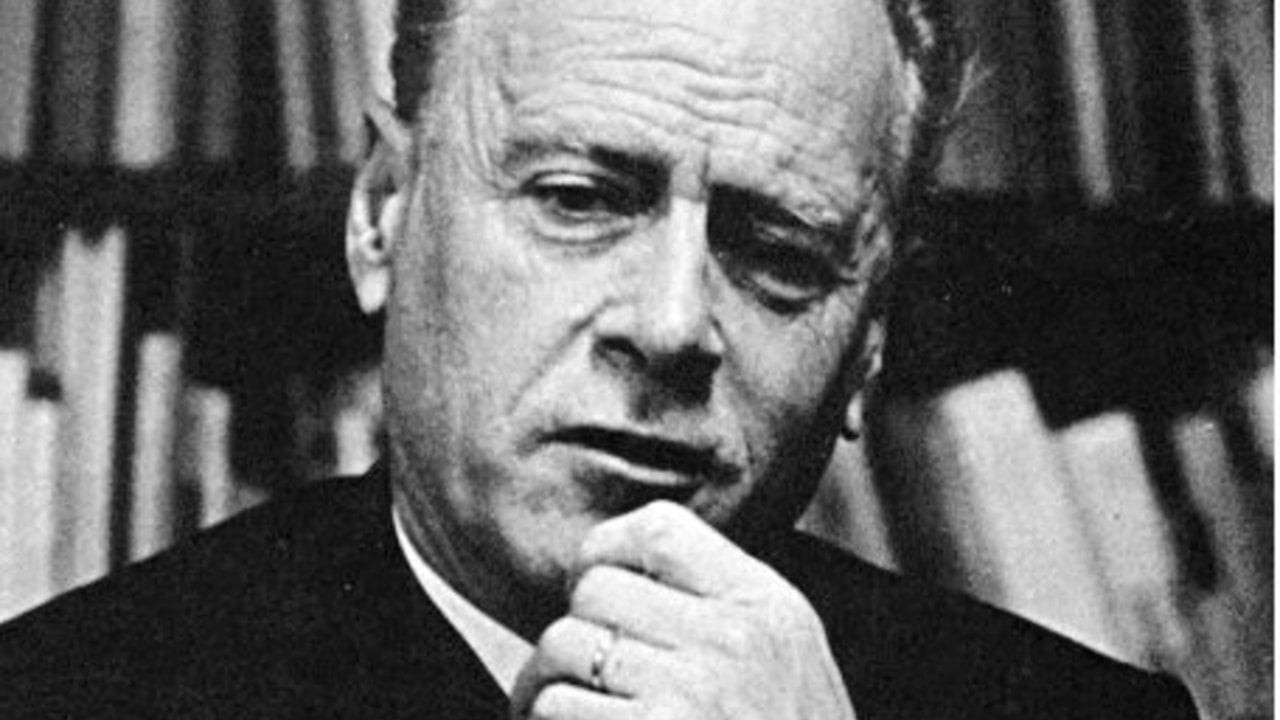Does the Global Village have a few dark alleys?
If you don’t know McLuhan’s theory, here’s my super-duper simplified a-little-too-much version of it:
Around 1964, McLuhan theorized that as technology advanced it would become a digital central nervous system of information connecting all media, like our physical central nervous system connects our senses.
In this connectivity, mankind will revert back to an oral society, back to a time of Villages — but this time a Global Village. In turn it would rekindle us back to a tribal-like life.
Now to break it down:
Yes, his central nervous system theory was a prediction of the Internet. Usually the mic drops here, we stop.
But wait, there’s more.
His Global Village is happening everywhere. It’s in every craft beer you drink, every food truck you eat at, pop up shop you buy a bar of elderflower artisanal soap from; every digital nomad you meet; every tattoo and piercing; every lumber-sexual you see drinking an Old Fashioned variant with locally source gin or whisky.
What does an oral society have to do with all of that?
The underpinning of most of McLuhan’s theories is how we interacted with a medium is far more important than its content. It changes us by interacting with it. The radio dial and transistors; understanding that invisible waves can transmit voices through the air; using the theatre of the mind to pretend that the announcer is talking just to you. All of this is more important than how captivating the content is.
The medium is the message
How does media make lumber-sexuals? It’s the consequences of how your brain rewires itself slightly when interacting with a medium.
The dominant medium of choice can influence how your mind works, in essence your thoughts.
Back to the Lumber-sexual thing.
Orality.
Yup – there’s that word again
Story Telling. Oral Traditions. Great grandmothers teaching grandmothers a recipe. Learning a childhood lesson through a bedtime fable. The sound of someone else’s voice as you remember what you’ve learned. It rings with a sense of history.
McLuhan referred to this oral time and the time of the Tribal Man. And like the term Tribal, a sense of history comes. The exploration of it — asking yourself, when Mom said she was drinking an “Old fashioned” what was that? When Dad was showing me a picture telling me about camping — what was up with the mustache and toque? How would I look with a mustache and toque?
And the exploration of history deepens:
- How did my grandfather make moonshine?
- My grandparents sold their own butter to make ends meet. How can I do that?
- Every tattoo is a story to tell; a visual history of your life.
Sure — this isn’t the exact same. Our current Orality is driven more through digital channels, but it’s still word of mouth.
The craft and artisanal resurgence are nice and all, I’m a huge sucker for that scene, but with the latest wave of Xenophobic-like politics happening in the US & UK, I’ve started wondering, is Orality a part of it?
What are our darker tendencies when we are Tribal?
If you’ve traveled as I have, you have walked into a place you shouldn’t have been. All eyes staring up at you wondering who you were, asking themselves “What is this stranger doing in here? Don’t they know better?”
Now imagine going farther back in time. What happens to that situation in a more primitive world: Slavery. Salem witch hunts. North America’s genocidal colonization. Farther. Holy Wars. Dark Ages. Roman Conquest. Genghis Khan. Vikings. Farther.
Humanity has a history before the written word of being fiercely loyal and territorial, perhaps to a fault: racism, religious wars, family feuds escalated to extremes causing neighbours to kill. Our history is full of a darker side when anyone mentions “protecting our own.”
What about this latest wave of “alternative facts” or “fake news.” Is it fake, or is there an aspect that we just don’t care about anymore.
This is going to take longer to explain, but I’ll get there.
I try to imagine myself in a world where the only thing I had was word of mouth — pre-literate, no books. I don’t think it would take long to see first hand the telephone game effect. In a small village, the chances of me being a witness or involved in a rumour should be the same odds of getting hit by a rain pellet standing in an open field during a storm.
This could mean that I would be aware, and might even think that stories are subjective. Not everyone knows everything, and maybe that’s ok. You don’t have to read every page of a long book. Maybe just every odd page to get the “gist”. The details wouldn’t matter because no matter how much you try, someone will have a different take — like a rumour.
And if the details didn’t matter and stories are flexible, wouldn’t that mean the truth is just a malleable?
Are you starting to see where I’m going with this?
This isn’t a sandwich-board article denouncing our future splattered with “the end of the world” it’s more of an interesting exploration. By looking at the yin and yang of a societal shift, perhaps there’s more in McLuhan’s predictions to be aware of and bring into our conscious mind. With any technology there are consequences. Not right and wrong consequences, but change happens and taking the road less traveled will change you.
I feel there’s an aspect of media that’s not being spoken about or discussed. Perhaps it’s because we’re looking at the content, not in the shifting landscape of technology and how we are interacting with it, which was McLuhan’s message all along.
This has been republished. I’ve put it several places before.
